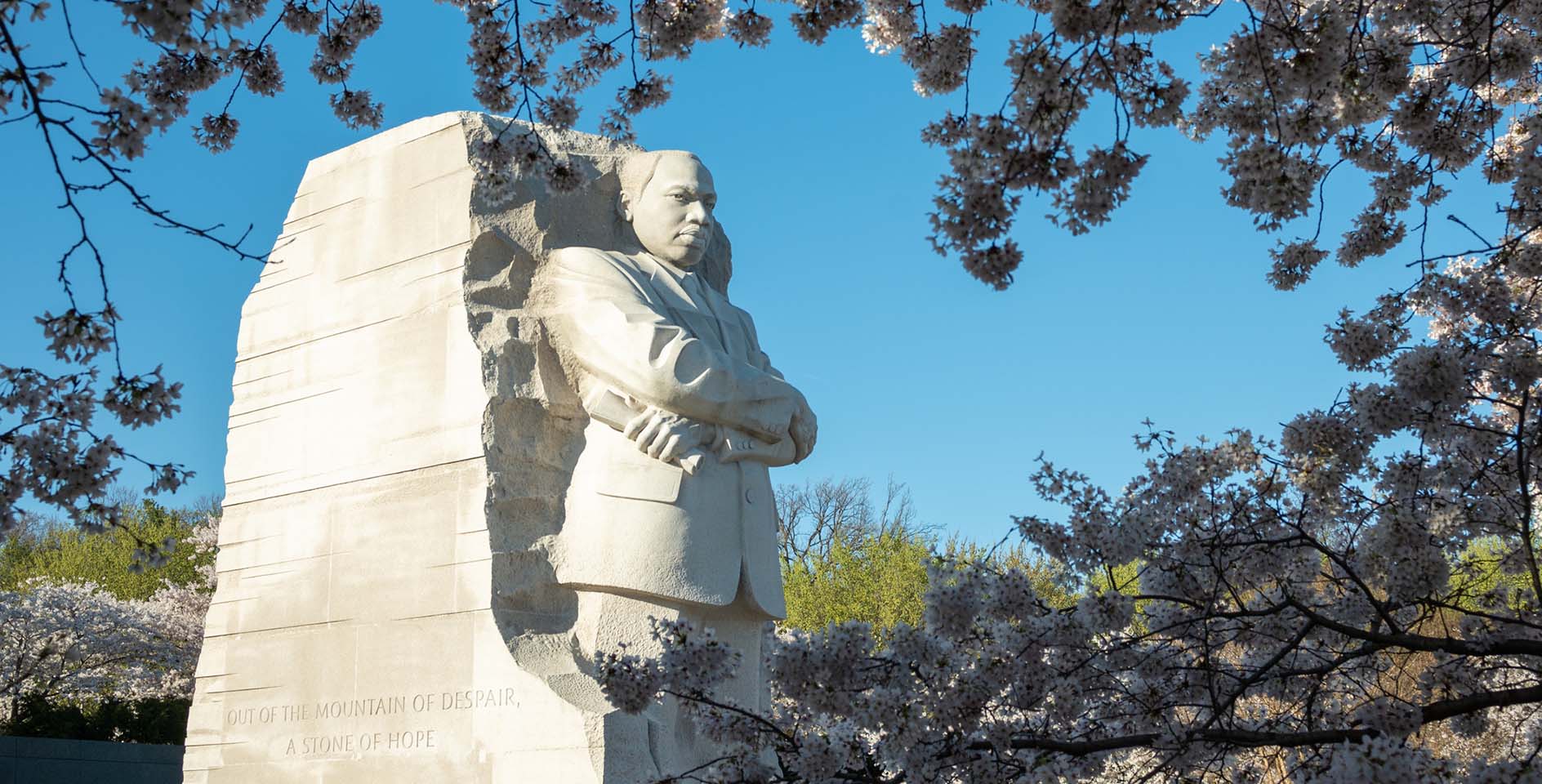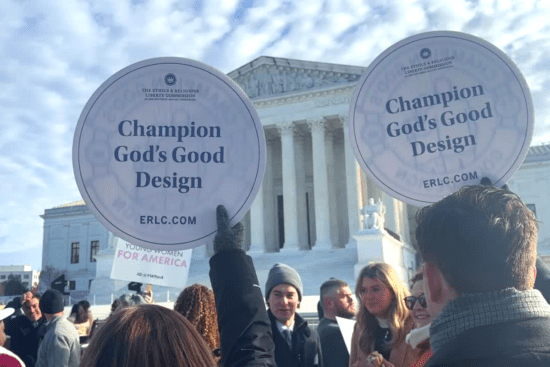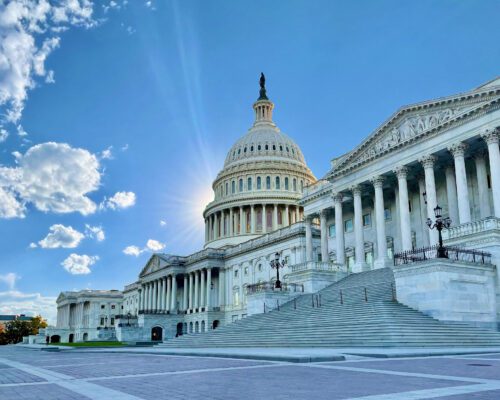Within the scope of modern history, the year 1964 remains a seminal moment, due largely to the enactment of the Civil Rights Act, which fundamentally transformed the societal landscape of the United States. The Civil Rights Act of 1964, a landmark piece of civil rights legislation, sought to dismantle the entrenched structures of racial segregation and discrimination. The legislation also outlawed discrimination on other grounds other than race such as color, religion, sex, or national origin. But the language of the 1964 act, initially crafted to combat racial injustice, has been increasingly co-opted in the discourse surrounding Sexual Orientation and Gender Identity (SOGI) policies.
The Civil Rights Act of 1964 marked the culmination of a prolonged struggle for racial equality, led by figures like Martin Luther King Jr., whose receipt of the Nobel Peace Prize that same year symbolized global recognition of the moral legitimacy of the Civil Rights Movement. Over the next several decades after its passage, the law brought profound changes in American workplaces, schools, and public facilities, and served as a declaration of the intrinsic value and dignity of every individual.
Co-option of civil rights language by advocates of SOGI laws
SOGI is an initialism commonly used to refer to laws which would include sexual orientation and gender identity as protected classes under the law. For example, the SOGI legislation known as the Equality Act intends to expand the definition of “sex” to include “sexual orientation” and “gender identity” and would revise every title of the Civil Rights Act of 1964 to add these categories as new protected classes in the federal code.
Such repurposing of civil rights terminology represents a significant deviation from the original purpose of the Civil Rights Act. Indeed, the ERLC believes this expansion of SOGI as a protected class represents the most significant threat to religious liberty ever considered in the United States Congress. Opposing the Equality Act has thus been among our topic public policy priorities since 2021.
SOGI laws discriminate against other groups
Including SOGI as protected classes would discriminate against everyone who holds the belief in distinct, complementary genders and that sexual activity outside of marriage is immoral. Applying civil rights language to SOGI advocacy would thus lead to infringement on religious beliefs as individuals and organizations would be forced to act contrary to their religious convictions.
We believe the extension of Civil Rights Act language to encompass SOGI issues is a misappropriation, as it shifts the focus from addressing a legitimate historical grievance—race-based discrimination—to advocating for matters of individual preference, such as sexual orientation and gender identity. Biologically, SOGI issues differ from immutable realities such as race or sex. Theologically, SOGI issues are different from the morally neutral category of national origin because they are condemned by both general and special revelation.
Amending the 1964 Civil Rights Act to add sexual orientation and gender identity as protected classes under federal civil rights law would curtail religious freedom protections, hinder the work of healthcare professionals and faith-based hospitals, undermine civil rights protections for women and girls, and ultimately steamroll the consciences of millions of Americans.
SOGI legislation would ignore the rights of women by effectively erasing the biological distinctions of male and female. Furthermore, girls’ and women’s sports would be forced to include biological men, setting an unfair and impossible standard. In all cases, women would be put in danger, potentially forced to share bathrooms, locker rooms, and other private spaces.
Additionally, people of faith would have their religious freedom violated by being forced to affirm SOGI categories, directly violating their deeply held beliefs, or face consequences; whether it’s through their vocation as a healthcare worker who is forced to perform a gender-transition surgery, the leader of a Christian nonprofit organization that has to shut down because of refusing to adhere to SOGI categories, or the Christian couple denied a child in foster care because they will not affirm harmful gender ideologies.
Balancing rights and freedoms
A critical issue facing all levels of government—from local to federal— is finding a way to strike a balance between the rights of individuals identifying with various sexual orientations and gender identities and the religious freedoms of those holding traditional biblical views. The expansion of anti-discrimination laws to include SOGI is portrayed, in theory, as a reasonable and just accommodation. But in reality, SOGI laws have been used to overrule and marginalize the most fundamental rights of religious liberty.
For instance, the legislation would explicitly curtail the Religious Freedom Restoration Act of 1993. As mentioned, a consequence of this action would be forcing faith-based child welfare organizations to either abandon their deeply held religious beliefs or be shut down. States such as Colorado have already used SOGI laws in this way—and at a time when multiple societal crises increase the need for children services. Additionally, doctors and nurses who object to gender reassignment surgeries for moral, religious, or scientific reasons would be forced to provide the procedure or risk losing their jobs.
“The truth is, the Equality Act is not just a bad bill; it’s a dangerous one,” said Josh Wester. “ It does not represent a good faith effort to protect LGBT Americans from discrimination. It is, in fact, an effort to codify into law the progressive orthodoxy of the sexual revolution and to legally silence those who dissent.”
Upholding the original spirit of the Civil Rights Act
As we mark the 60th anniversary of the Civil Rights Act of 1964, we should honor its foundational aim by protecting it from misappropriation. Allowing the act’s language to be changed to include SOGI would be a betrayal of the original spirit of the legislation as it would curtail discrimination against sex and religion and undermine both antidiscrimination protections for women and religious freedoms for all Americans.
SOGI laws erode foundational constitutional freedoms in its pursuit of fleeting cultural ideas. We must protect and preserve the core values of the Civil Rights Act in order to safeguard religious freedoms for all Americans. That is why the ERLC will continue to oppose the Equality Act and similar SOGI legislation introduced in Congress. We will continue to advocate for a public square solution that protects and upholds the dignity of all people regardless of how they identify and the rights of all, while ensuring that religiously motivated individuals and institutions are free to live and act according to their deeply held convictions.









